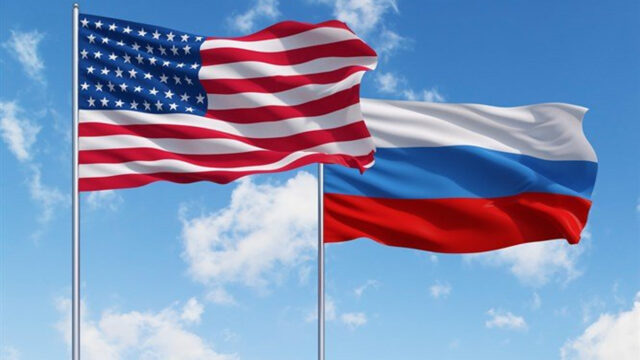The Strategic Arms Reduction Treaty (START I) of 1991 was one of the pioneers in the nuclear non-proliferation efforts between the United States (US) and former Soviet Union. In the post Cold War era, it was signed on 31 July 1991 to agree upon the measures to be taken towards mutual elimination of strategic nuclear weapons to facilitate trust building between the two powers.The Soviet Union dissolved in 1991 and later, another treaty was signed (Lisbon Protocol) on 23 May 1992 between the US and Russia, Belarus, Ukraine and Kazakhstan which made them all party to the START I. There was capping put on the number of Inter-continental Ballistic Missiles (ICBMs); submarine launched ballistic missiles (SLBMs) and heavy bombers on both the sides to ensure transparency.
After the expiration of START in December 2009, a New START was signed between US President Barack Obama and Russian President Dmitry Medvedev in Prague on 8 April 2010. This entered into force on 5 February 2011. This aimed at both the signatories limiting their strategic arms by 5 February 2018. These limits were calculated again by careful analysis of the situation by Department of Defense planners to encourage the tents of the Nuclear Posture Review.
The New Start Treaty expires on 5 February 2021 and the American mood under the leadership of President Trump indicated hesitation in extending the treaty. Few important indicators of President Trump’s lack of trust in international control measures were the US withdrawal from the Inter-mediate Nuclear Forces (INF) Treaty, the Open Skies Treaty and the Joint Comprehensive Plan of Action. The INF was one of the important remnants of the Cold War era. US accused Russia of violating the treaty that led to a verbal exchange between the two countries hinting distaste. Spectators of this situation believed that America will not accept the Russian President Putin’s willingness to extend the New Start unconditionally. The negotiations had failed due to President Trump’s inclination towards added conditions as a pre-requisite for discussions which were not agreed upon. However, things changed with the elections in the US.
Joe Biden, the President of the United States started on a different stand and hinted acceptance of a five year extension of the New Start Treaty. The security chiefs of both the countries discussed the extension of the treaty which symbolizes seriousness towards arms reduction. While the agreement has not been confirmed from any of the sides, the American administration implied willingness in going ahead with the extension before the treaty’s expiration on 5 February 2021. The White House gave a statement saying that teams from both the countries were now “exploring strategic stability discussions on a range of arms control and emerging security issues”.
The renewal of the New START Treaty has relevance due to three reasons. One, it translates to a living mantle of the American responsible leadership which had been tainted under President Trump’s disbelief in international institutions. Second, it intimates that the two nuclear powers were capable of taking important decisions without Chinese intervention which was one of the demands of President Trump. Third, it is a great boost for the spirit of sanctity of nuclear non-proliferation.
In the current scenario, the world is struggling with a pandemic, and positive assurances towards security measures is a sigh of relief to leaders as well as public all over the world. Joe Biden has taken firm yet long lasting steps in his initial days of taking charge. This step too has long term consequences. It is to see, how soon can the responsibility prevail in others as well.









